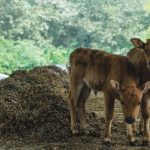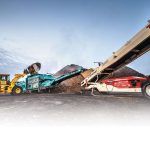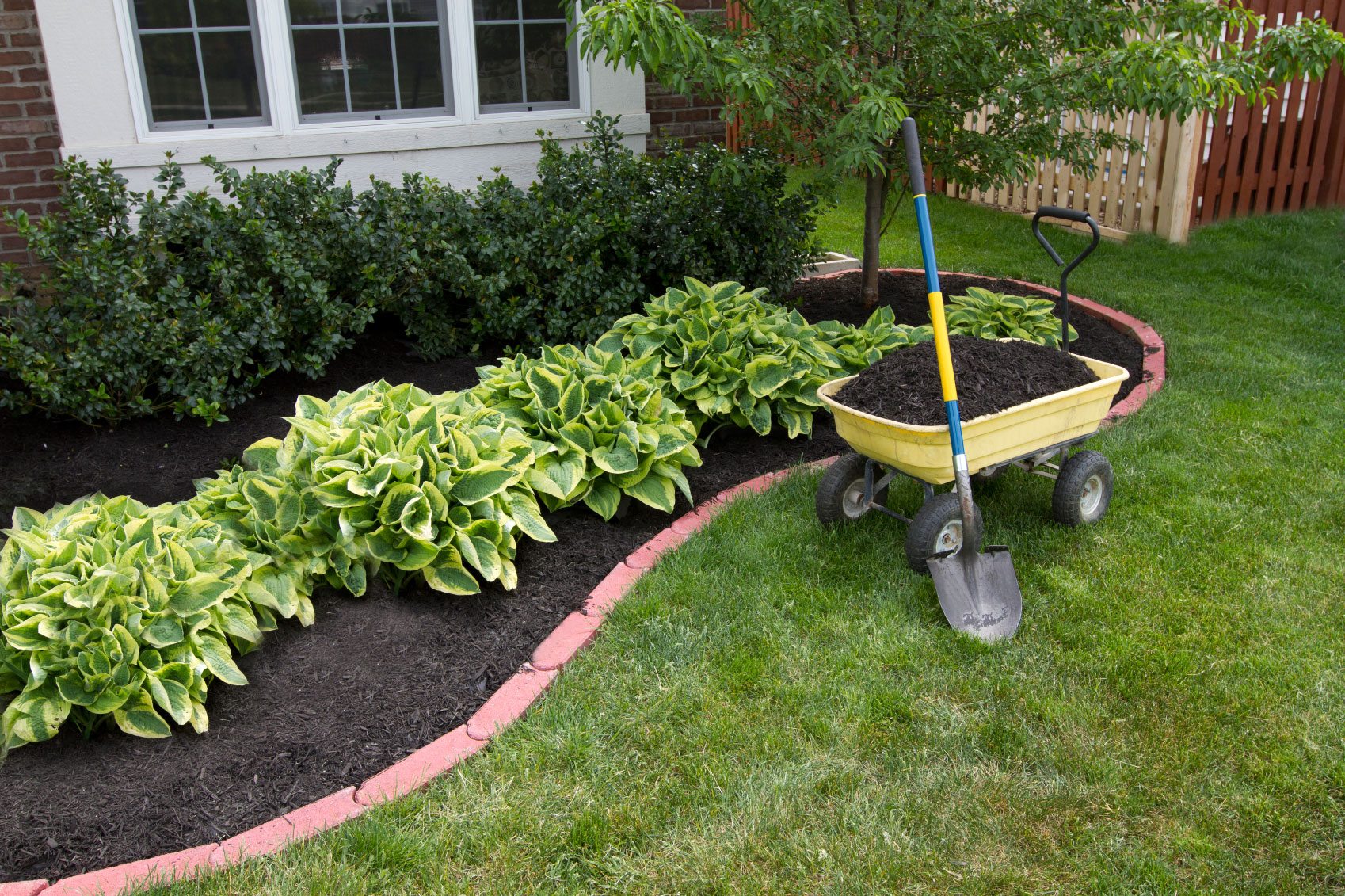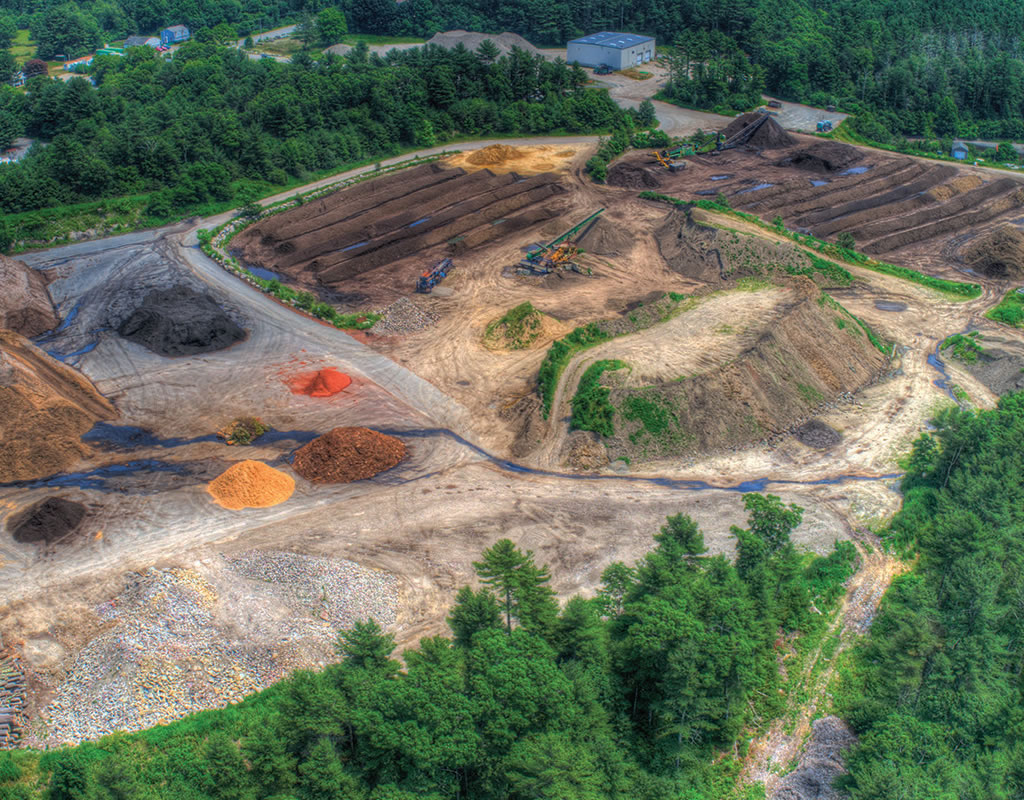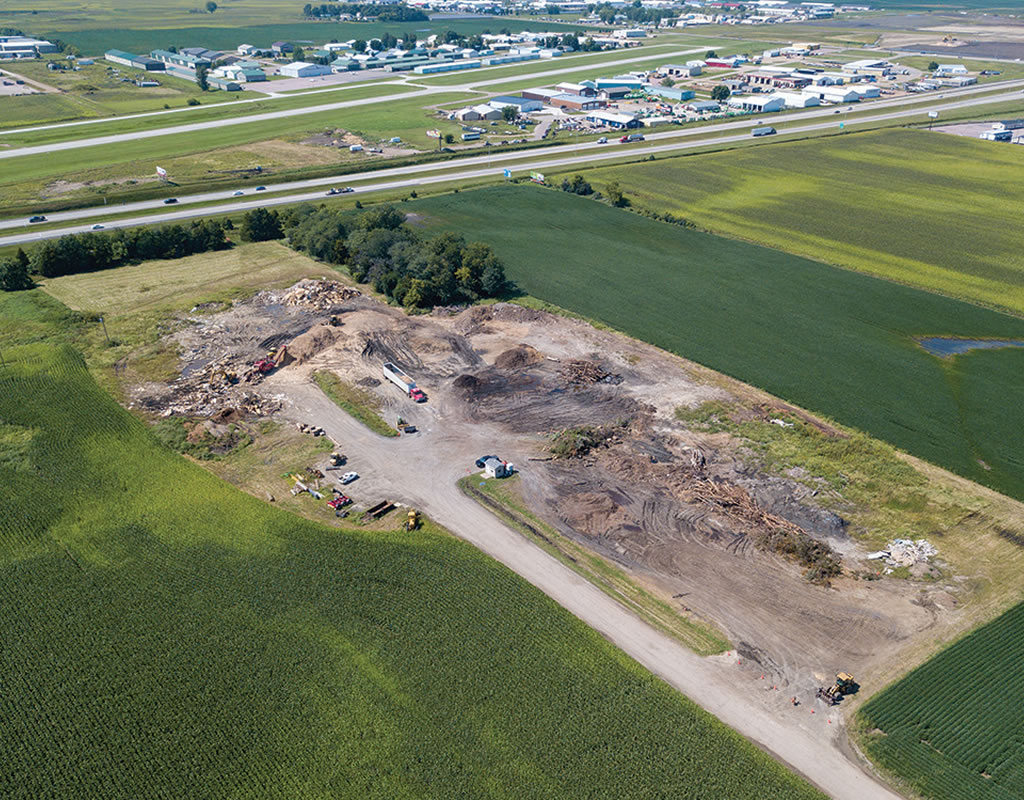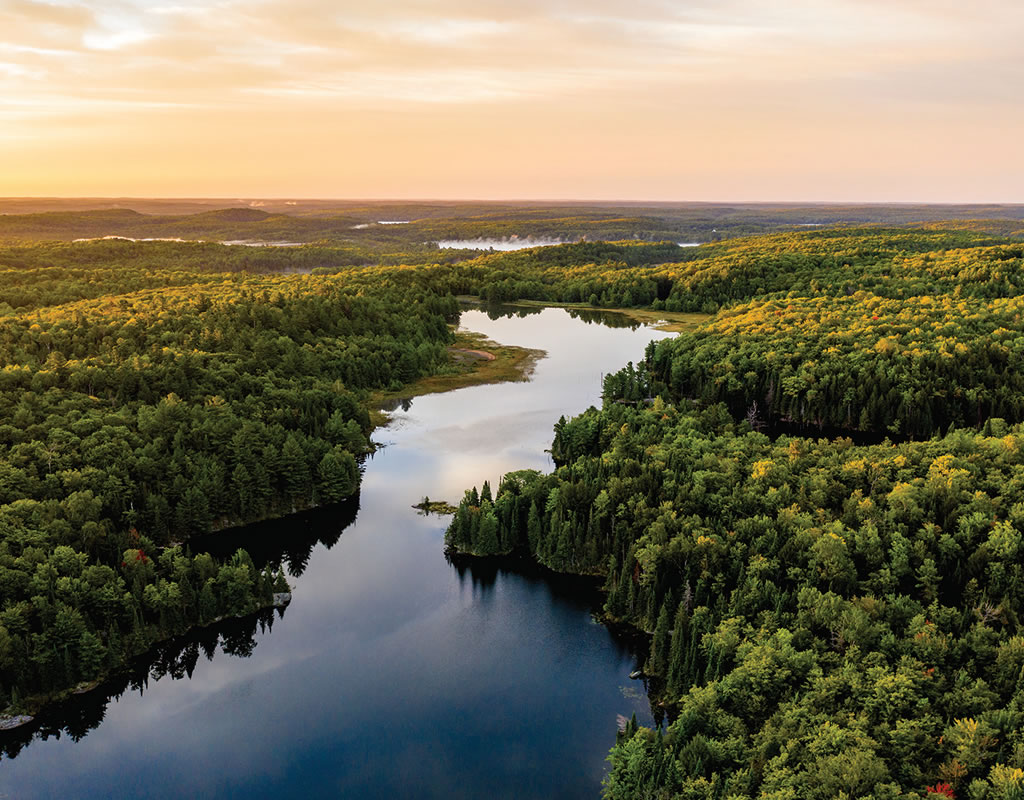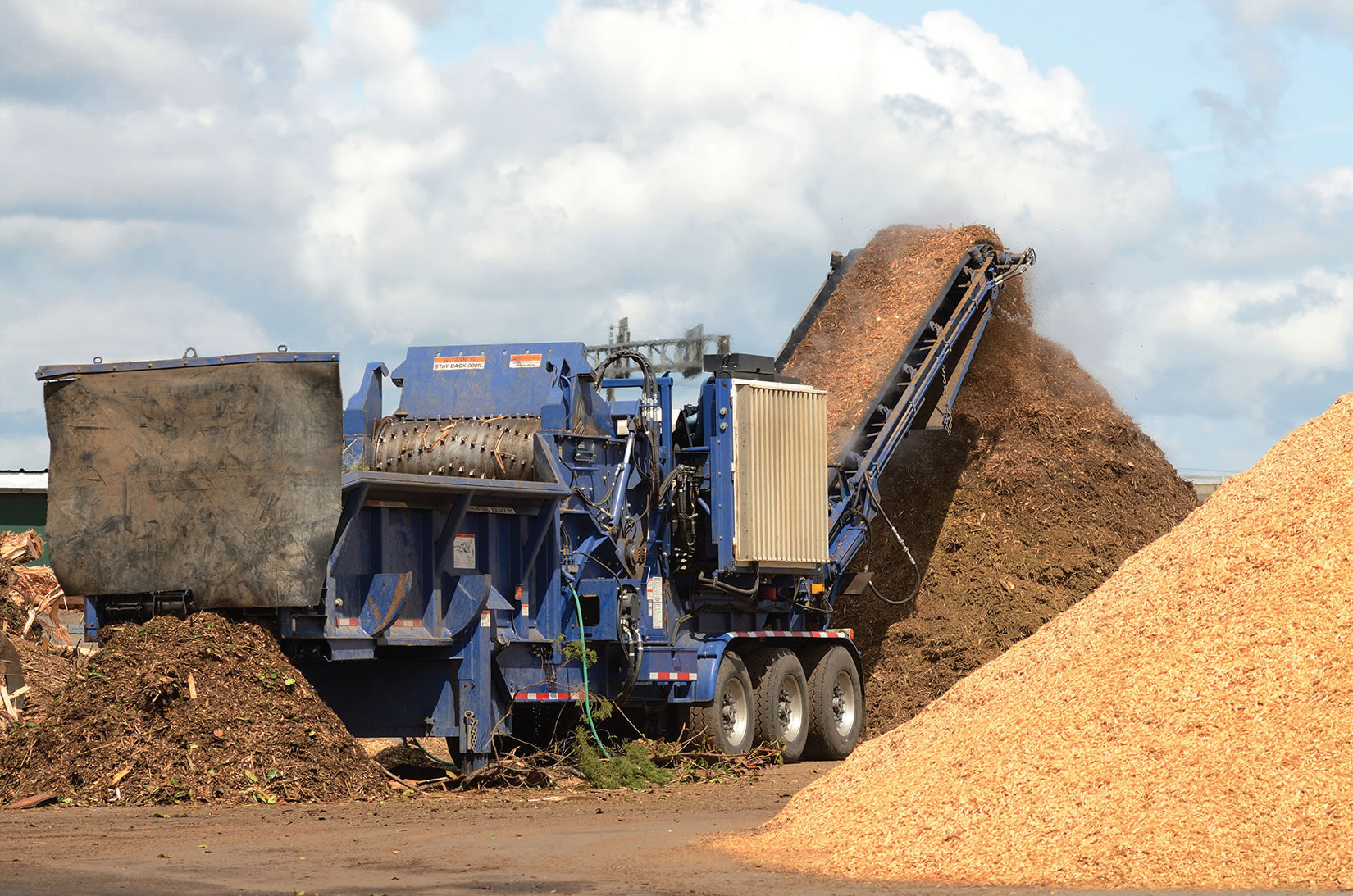By P.J. Heller
When Zach Brooks took a midlife sharp U-turn change in careers, he had a unique goal in mind.
“We set out to create a fully off-the-grid sustainable farm where we turn sunshine, rainwater and other people’s garbage into food and shelter and improvements to the planet,” he says. “That was kind of our North Star.”
Brooks laid out a 10-year plan to achieve those goals, but notes, “it did not include becoming a full-blown worm farm, That kind of evolved.”
Today, roughly seven years since he gave up his job as a partner in a management consulting firm, Brooks has become one of the top 10 worm producers in the nation.
The Arizona Worm Farm, located on a 10-acre site in south Phoenix at the base of South Mountain, sells approximately 4 million red wiggler worms a year, 700-800 yards of worm castings, compost, raised bed mix, seed starter mix, vegetable starts and small trees. On Fridays and Saturdays, the company produces and sells an active worm-casting tea.
His vermiculture/vermicomposting business is also developing black soldier fly larvae products, including a rich organic soil amendment made from the frass (poop).
Brooks’ goal is to take food and landscape waste, divert it from the landfill by feeding it to worms and larvae that then turn it into high-protein feed and fertilizer. The insects and their byproducts are then fed to the farm hens and spread on gardens to produce sustainable food and growing products.
“We’re determined to use this circular process to combat climate change, divert waste from landfills, and use regenerative soil efforts to put carbon back in the ground where it belongs,” Brooks says.
The Arizona Worm Farm, started in 2017 on what was an old cotton farm, has grown from $80,000 a year in revenue to more than $2 million. It employs 11 people full-time as well as about a half dozen part-time staffers and interns. It targets predominantly backyard gardeners and small farms. The vast majority of the company’s products are sold from its facility, with garden centers accounting for only a tiny percentage of sales.
“What we’re trying to do for ourselves and our community is to create mechanisms whereby people can recycle their own [food and landscape] waste and can turn their garbage into food and soil in their yards,” Brooks explains. “We think we can have a positive impact on the earth and we can help you have a great backyard garden.”
He says compost producers would also benefit from adding worms to their mix.
“If they would run some of it through a worm, they would increase the value of their compost from $50, $60, $70 a yard to $400, $500, $600 a yard,” he says. “It’s an interesting value-add that they really ought to consider. It’s not hugely complicated. It dramatically increases the value of their compost. And it’s highly desirable in the marketplace.
“Anyplace where somebody is selling compost or raised bed mix, adding a worm program to that product list is probably going to be a very profitable addition,” Brooks says.
Using worms to reduce food waste and keep it out of landfills helps to reduce the impact of climate change, since food waste is a major source of methane emissions. The U.S. Environmental Protection Agency says food waste is responsible for 58 percent of methane emissions from landfills.
Food waste is the biggest component of U.S. landfills, accounting for about 24 percent of all landfill waste, according to the National Environmental Education Foundation. The U.S. Department of Agriculture says food waste is estimated at between 30 to 40 percent of the food supply.
“The United States discards more food than any other country in the world: nearly 60 million tons—120 billion pounds—every year,” according to sustainability company Recycle Track Systems.
That, it says, equates to 325 pounds of waste per person.
“That’s like every person in America throwing 975 average sized apples right into the garbage—or rather right into landfills, as most discarded food ends up there,” it says. “All told, the amount of food wasted in America has an approximate value of nearly $218 billion—the equivalent of 130 billion meals.”
Phoenix has no program or rules and regulations to divert food waste from the landfill, Brooks says.
“We don’t even believe in daylight saving time,” he laughs. “In Arizona, we don’t make rules like that.”
Brooks has stopped keeping track of how much food waste the Arizona Worm Farm has diverted from the Phoenix-area landfill but estimates it’s in the thousands of yards.
The worm farm takes in 120 to 180 cubic yards a week of brown and green landscape waste from the city and landscapers, horse manure, plus food waste from a catering company and from bagged salad producers. Those materials are composted based on a recipe the company developed and refined over five years.
“The volume of waste is just enormous,” Brooks says. “We don’t have trouble getting the waste we need. Our problem is slowing it down.”
Brooks is doing what he can to encourage the public and businesses to think about dealing with their waste.
“There’s a pretty common saying that there’s ‘no away,’” he says. “So when people want to throw things [such as food and green waste] away, there’s no such place. There’s no place you can put stuff where it magically disappears. So one of our goals is to get people to use worms and our composting approaches to reprocess all of their waste. If the worm won't eat it or you can't process it in composting, we’re trying to convince people not to buy it.
“Everyone who buys a worm composter, everyone who gardens in an organic matter, can have a positive impact on climate change. We think our approach will encourage people to be better consumers,” Brooks says.
Brooks also holds an annual Worm Business Conference for 50 farms, teaching them how to breed and raise worms, how to grow castings, how to make worm teas and how to sell worms into the marketplace.
“I’m a giant fan of worms and worm castings . . . I think it’s the best gardening product you can buy, period,” Brooks says.
Classes are also frequently held at the Arizona Worm Farm to educate the public about vermiculture, vermicomposting, reducing waste, how to have a successful garden, and pruning, watering and fertilizing trees. About 200 people attend the Saturday classes.
“We have a breadth of customers, many of whom are sustainability-focused and really want waste reduction as a key part of what they’re doing,” he says. “But we also have a lot of customers who just want to grow food in their backyard.”
He ticks off the benefits for those backyard gardeners.
“Your mental health will be better if you get off social media and go out in the backyard and garden,” Brooks says. “Your physical well-being will be better if you get up off the couch and stop watching TV and garden once in a while. And your diet will be better because you’ll be eating stuff out of your backyard.”
Political persuasions make no difference.
“We get customers from the far left all the way to the far right,” he says. “No matter where you are politically, no matter what your views are, there are reasons why you want to grow your own food. It’s delicious. It’s healthier. It’s accessible. It’s not at the mercy of tariffs or drought or things like that.”
Brooks says that he still has a long way to go to meet his 10-year plan. Part of the problem is due to others, such as equipment manufacturers being slow to convert farm vehicles from fossil fuel to electric. Brooks’ goal is to be completely off fossil fuels, something he predicts will happen in the next three to five years. Solar panels will then charge the batteries in the electric vehicles.
Brooks also wants to reduce the amount of plastic the farm uses.
“Our worst fault is the amount of plastics we still use,” he laments. “We make compost available in lots of ways that don’t require a plastic bag but our customers still demand plastic bags in a number of situations. So we are selling more things in plastic bags than I had hoped to at this point. Again, we were expecting there to be an industrial, easily composable, bag available, but they're not there yet.”
Brooks confesses that before launching the Arizona Worm Farm, he was a “terrible” backyard gardener.
“I would spend hundreds of dollars and get three or four sickly tomatoes and be so proud of those tomatoes,” he recalls. “My garden is hugely successful now because I got out of the way. I just let the worms and microbes and organic decomposition drive that.
“The most fascinating thing to me is that nature has this right. If we just emulate nature and get out of the way, everything works fine,” Brooks says. “That has increasingly become our philosophy, to emulate nature to the extent that we can in the urban environments where we live.”
Brooks admits he never envisioned a career as a “worm farmer.”
“I can tell you that none of my friends, and very few of my acquaintances, have ever met somebody who’s really got a worm farm. They may have seen a profile in a movie or TV show . . . what we do on a commercial scale is hard for people to imagine.”
Related News
Subscribe Today
Every other month, Soil & Mulch Producer
News brings you important stories about:
• New Technology
• Products
• Industry News
• Research Studies
Soil & Mulch Producer News features articles and services relevant to your daily operations.

